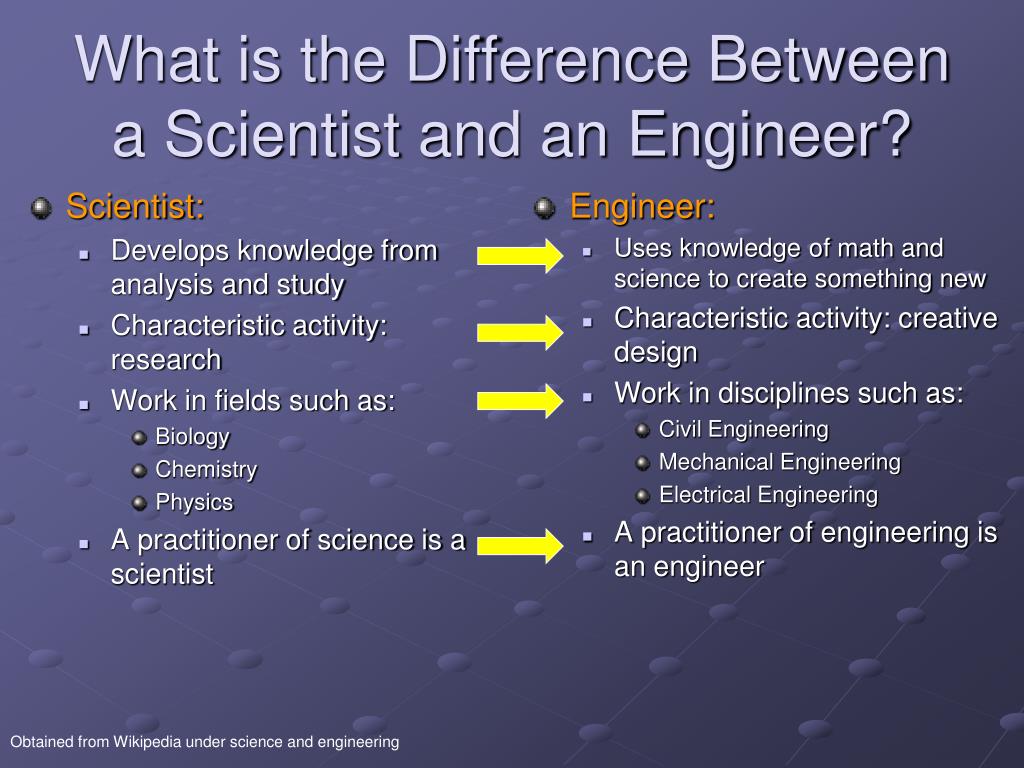
Many people are curious what the benefits of a career working in petroleum engineering. How can you decide? These career tips will give you an overview of all the different aspects of this rewarding profession. Petroleum engineers must have the ability to work well under pressure. This type of engineering requires its workers be calm in the face and chaos. This job also requires extra effort and long hours. What makes this profession so special?
These engineers work in a team to plan and design extraction. They ensure the proper operation of equipment at extraction sites. These professionals work closely alongside contractors and geologists to ensure that the equipment used at extraction sites is working properly. Petroleum engineers typically work full time, with a lot of travel involved. A bachelor's degree is required to start a career as a petroleum engineer. This program includes a lot of field studies, classes, as well as lab work.

You are in good shape if you have a bachelor’s degree from a petroleum engineering school. However, you could also get a master’s degree in another related field like mechanical engineering. While most engineering masters programs require the completion of the GRE/GMAT exam, some schools are starting not to enforce this requirement. Some schools also require applicants provide official transcripts, GRE score, three letters from recommendation, and a resume. Some programs may even require a personal statement or portfolio.
The outlook for employment of petroleum engineers is greatly affected by the oil price. Oil companies will expand exploration to find new oil reserves when oil prices rise. The job outlook is uncertain but the pay is good. The Bureau of Labor Statistics estimates that the average growth rate for petroleum engineers will be 3% or more through 2029, which is close to the general increase in all professions. For anyone who is interested in energy exploration, this is a promising career option.
Petroleum engineers can also work on research and design. They are also able to design logistics and oversee the transportation of equipment. Some may even work in foreign countries. Consider studying petroleum engineering in the big state. This career offers many possibilities and a decent salary. Once you finish your education and find a job, you will be able reap the rewards of a career oil and gas exploration.

Petroleum engineering can help you meet the challenges of the future. With the world relying on fossil fuels to power its cars, oil and gas will remain a critical source of energy for decades to come. Petroleum engineers also have many uses today. For example, they can convert steam into electricity using geothermal sources and store hydrogen for their fuel cells. A top university diploma is essential if you are looking for a rewarding career with petroleum engineering.
FAQ
What is an industrial engineer doing?
Industrial engineers deal with the interplay of things.
Their job is to make sure machinery, plants, and factories are safe and efficient.
They design equipment, controls, and operations to make it easier for workers to carry out tasks.
They also ensure that machines conform to safety standards and environmental regulations.
What do civil engineers do for a living?
Civil engineering is the creation and construction of structures like roads, bridges or buildings, dams or tunnels, as well as other large-scale projects. It includes all aspects of structural engineering including foundations, geotechnics and hydraulics as well as soils, safety analysis, traffic management, environmental impact assessment, and safety analysis. Civil engineers help ensure the project meets its objectives, while still being economically viable and environmentally sustainable. They have to ensure that the structure will be safe and lasts.
They are also responsible for planning and implementing public works programs. They may oversee, for example, the design and construction of roads, bridges or tunnels.
What are the jobs of electrical engineers?
They create power systems for human use.
They are responsible for designing, building, testing, installing, maintaining, and repairing all types of electric equipment used by industry, government, residential and commercial customers.
They plan and direct installation, as well as coordination of activities by other trades like architects, plumbers, and contractors.
An electrical engineer designs and installs electronic circuits and components that convert electricity to useful forms.
What Does an Aerospace Engineer Do?
Aerospace engineers use their knowledge of aeronautics and propulsion to design spacecraft, satellites and rockets.
An aerospace engineer might be involved with designing new aircraft types or developing new fuel sources.
What does a typical day in the life of an engineer look like?
Engineers spend much of their time working on projects. These projects may involve developing new products or improving existing ones.
They could be involved in research projects that aim at improving the world around them.
Oder they could be involved with the creation of new technologies like computers, smartphones, planes and rockets.
Engineers need to have imagination and creativity to succeed in these tasks. Engineers need to be able to think out of the box and create innovative solutions to problems.
They will be required to sit down with their ideas and develop them. They will also need to test their ideas using various tools, such as laser cutters, CNC machine, 3D printers, and computer-aided designing software.
Engineers must also communicate effectively in order to present their ideas to others. They have to prepare reports and presentations that can be shared with clients or colleagues.
They will also need to be efficient with their time to accomplish the most work in the shortest time possible.
No matter which type of engineering you choose to do, you will need to be creative, innovative, analytical, and well-organized.
How long does an Engineer take?
There are different routes into engineering. Some people choose to study right away after graduating from high school. Others prefer to enroll in college.
Some students will be able to start a degree right after high school. While others will go on to a two year foundation degree program.
They might then go on to a four-year honors program. A master's degree could be an option.
You should think about what you want to do after you graduate when choosing the right route. Do you plan to continue in education or enter the workforce?
It can take you a while to complete each stage, depending on whether you are enrolled at a university or not.
But it's important that you remember that experience and how long it took you to get a particular qualification don't always have a direct correlation. So even if you only spend one year at college, it doesn't mean you'll have all the skills needed to work as an engineer.
What is a mechanical engineer?
A mechanical engineer designs machines, vehicles, tools, products, and processes used by humans.
The engineering principles of mathematics, physics, as well as engineering principles, are used by mechanical engineers to solve real-world problems.
A mechanical engineer may be involved in product development, production, maintenance, quality control, research, testing, or sales.
Statistics
- 14% of Industrial engineers design systems that combine workers, machines, and more to create a product or service to eliminate wastefulness in production processes, according to BLS efficiently. (snhu.edu)
- Job growth outlook through 2030: 9% (snhu.edu)
External Links
How To
How to make Engineering Drawings: Letter Writing
There are two types of engineering drawings: architectural drawings and engineering sketches. The first one describes the product's physical characteristics, while the other shows how it should look. Both types include details, dimensions, symbols, text, arrows, and more. Engineers use their own language when writing these documents. These terms refer to specific units, abbreviations and acronyms. These terms are known engineering lingo. This article explains exactly what they mean.
A letter can be a formal document that is written by an individual to another person. It often includes a greeting or salutation, signature, date and closing remarks. Most people also include a self-introduction at the beginning of the letter. Some letters may include business details, such a legal agreement. Others may include only signatures and greetings.
Engineers draw diagrams and create plans using their professional experience. Engineers should use precise language to communicate their work. Technical terms describe the product, process, materials, and methods.
Engineers may use a variety of terms to describe things. For example, "ampere", to refer to electric current, is a term used by engineers. To measure mass, they use "kilogram per squared". These terms are called scientific names. These terms are also known as common names by engineers because they are often used. Common names can be easier to remember and understand.
Technical terms are often abbreviated. An abbreviation can be used to denote a longer term. For example, "kW" stands for kilowatt. If you see "KW", you will know that it is kilowatt. You don't need to know the entire name.
In addition to technical terms, there are lots of other abbreviations and acronyms used by engineers. These are similar to abbreviations, but they are composed of multiple words. Examples of these are "IEC", "DIN," or "ANSI." These are essential because they facilitate communication and make it easier.
Engineers use their jargon in a way that is not consistent with standard spelling rules. They may spell out numbers using digits instead number. They might use different capitalizations to normal. Capitalization refers both to whether a word starts in capital letters or lowercase. Words that start with vowels are spelled differently than words that start with consonants.